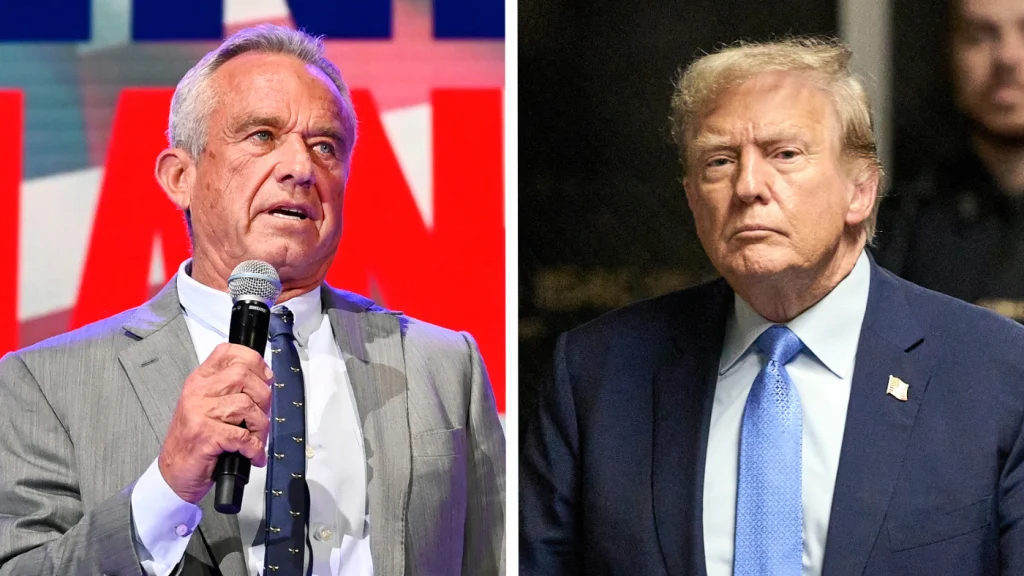After Donald Trump and Robert F. Kennedy Jr. both spoke at the party convention over Memorial Day weekend, the Libertarian Party in the United States selected another contender for president.
Ahead of the November 2024 elections, delegates from the Libertarian Party chose Chase Oliver as U.S. president, therefore providing a face to the third-largest political party in the nation. With the vast majority of Americans ready to support either President Joe Biden or Donald Trump, the presumed choices for their respective Democratic and Republican parties, the 38-year-old enters the presidential contest.
Oliver’s nomination took place following Trump’s May 25 presentation to the Libertarian Party convention. Reports claimed many had yelled that he was a “liar” and “panderer” for trying to live up to the party’s ideals. Although RFK Jr. also spoke at the convention on May 24, his candidacy was not taken into consideration after just 2% of the vote.
Related: Trump Promises Silk Road Founder Ulbricht Pardon If Re-Elected
Many Libertarian Party members have backed the features of cryptocurrencies, notably Bitcoin. The party’s platform says people “engaged in voluntary exchange should be free to use as money any mutually agreeable commodity or item.”
Oliver has regularly aired his beliefs on economics and personal choice in public; however, at the time of publishing, Cointelegraph could not locate his thoughts on digital assets. The Libertarian nominee favors the release of Ross Ulbricht, founder of Silk Road, who is presently serving two life sentences for his involvement in starting and administering the online market.
“Trump said he would put a Libertarian in his cabinet, protect crypto, prevent [a central bank digital currency], and commute Ross’s sentence,” Republican Corbin Sabol said in a May 26 X post. “Yet that’s not good enough for Libertarians […] They nominated Chase Oliver and probably won’t even get 3% this time.”
Oliver also sought help to name Mike ter Maat as his running companion. Portland native 63-year-old program included opposition to the Federal Reserve printing a central bank digital currency (CBDC) and for unrestricted use of cryptocurrencies. He backed jail time for Sam Bankman-Fried, a former FTX CEO who misled clients.
Though third-largest in the United States, the Libertarian Party garnered only around 3% of the popular vote in the 2016 presidential contest and is unlikely to win in 2024. But since several U.S. states have an Electoral College “winner-take-all” system, any third-party presidential candidate might affect an election by subtracting votes from either President Biden or Trump.
With less than six months until November 5, U.S. Election Day, Trump has been more candid on crypto. He declared in May that he would accept campaign contributions utilizing digital assets and asserted that he was “very positive and open-minded” about technology. Before November, President Biden will probably have three laws with a crypto focus passing his desk that might sway some voters.


